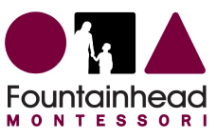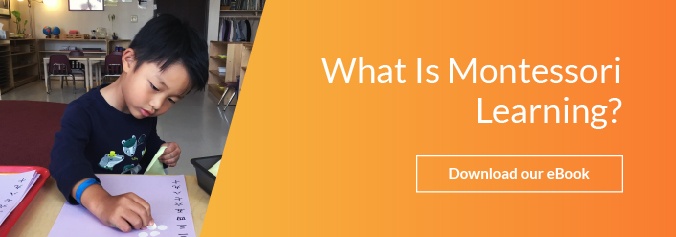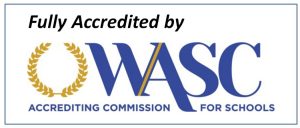As you explore educational programs for your child, one of the most important elements to consider is the educational philosophy on which the program is based. The underlying educational philosophy of a program will dictate the design of the classroom, the curriculum, the role of the teacher, and the way your child is able to learn. In order to truly understand what to expect from an educational program, you must learn about its underlying philosophy. If you are considering a Montessori program, the underlying philosophy is based on the work of Maria Montessori.
Design of the Montessori classroom
The educational philosophy behind Montessori programs dictates that the classroom should be designed to meet the needs of the students. This child-centered design makes it easy for students to navigate the classroom independently. Everything the child needs to work independently is within easy reach. The design also encourages students to interact with the environment and people around them. There are not rows of desks lined up facing a lecturing teacher. Instead, there are areas for group work and independent work. Throughout the classroom, students will find opportunities to learn and explore at their own pace.
Curriculum in Montessori programs
The curriculum in Montessori programs is developed with the belief that all children are smart and capable of learning. Maria Montessori worked successfully with children who had been written off as ‘unteachable’ by other educators. She found that students can learn when they are presented with opportunities to explore and work deeply on things that are of interest to them.
Role of the Montessori teacher
The role of the Montessori teacher is to provide each student with an individualized learning plan. The teacher observes and interacts with each student to learn about his or her interests, strengths, and struggles. The teacher uses that information to design a learning plan that will help the student learn and thrive in the classroom.
Learning opportunities for students in the Montessori classroom
Students in the Montessori classroom are provided with opportunities to work independently and in groups. When a student is interested and engaged with something, the teacher creates the space for that student to spend in a focused effort. There is flexibility in the design of the classroom so that students can engage in self-directed learning. The goal of self-directed learning is to help students take ownership of their learning. When students start to believe that what they learn is ultimately up to them, it helps them develop into life-long learners. A person who understands that learning can happen beyond the classroom will continue to learn long after the days of formal education are over.
The educational philosophy behind Montessori programs informs every decision that teachers and administration make. If you agree with the basic tenets of the Montessori Philosophy, then consider this type of program for your child. You can learn even more about the Montessori Philosophy by exploring the resources on the Fountainhead Montessori School website and by scheduling a time to observe a class.












Let us know what you think about this post
Put your Comment Below: